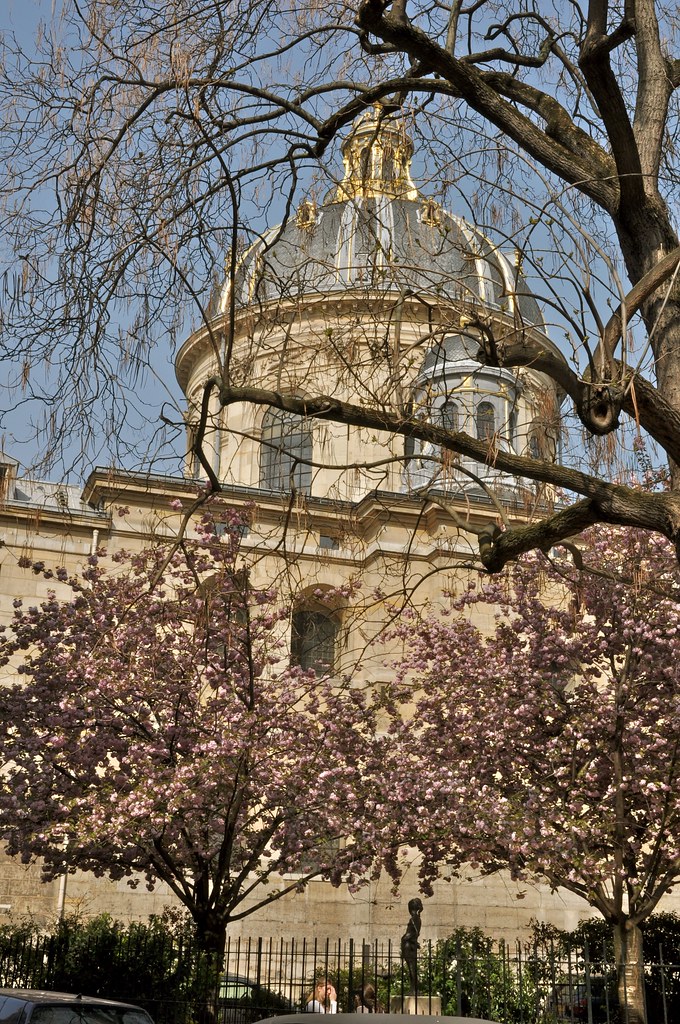 oday’s post features two books. First, a final reflection on the notion of the outcast, prompted by Camus’ book, L’Etranger. The idea of outcast also informs the first debut novel we have read, Swimming Back to Trout River by Linda Rui Feng, the first in the series of seven debut novels that we will read and then determine to which author we would give the winning prize.
oday’s post features two books. First, a final reflection on the notion of the outcast, prompted by Camus’ book, L’Etranger. The idea of outcast also informs the first debut novel we have read, Swimming Back to Trout River by Linda Rui Feng, the first in the series of seven debut novels that we will read and then determine to which author we would give the winning prize.

THE OUTCAST
I have been thinking about this idea of Etranger, the title of Camus’s novel, which I explored last week. Is the best translation, “stranger,” or “foreigner?” I then thought of the word “expat,” which means, of course, somebody living outside their country. Unless you are an expat, it’s hard to appreciate the in-betweenness of living in two cultures at the same time. You have the experience of your own country, and then you have the new country, welcoming you, but not quite.

Last week I posed the question whether we would translate the first sentence of Camus’ novel in idiomatic English as, “My mother died today,” or “Today my mother died.” One reader, a former Waldorf teacher, wrote, “I’d say the first version is more concerned with the day my mother died, calling attention to the date as if pointing to it on a calendar; the second is all about the event, making someone aware of her passing.” And he added, “I have in my hand my English version of The Stranger. The same copy I’ve had for most of my life.”
Another perspective comes from a writer and editor in Tucson, AZ. He writes, “I found it really absorbing and thought-provoking to re-read The Stranger alongside Algerian writer Kamel Daoud’s The Meursault Investigations.”
It would be interesting to pair Camus, the French writer and his French expat hero who kills an Algerian Arab with an Algerian writer’s perspective.
That led me to think about the word, “exile.” What if we called the “hero,” if that’t the right word, and the book, “The Exile? Look at the contradictory way the dictionary Merriam Webster defines “exile”:
1a: the state or a period of forced absence from one’s country or home
b: the state or a period of voluntary absence from one’s country or home

“Wait, what?” my students would say. Are these definitions compatible? What we need is an arbiter or group of arbiters of the English language to smooth these things out. “Wait, what? The French have such a thing?”
L’ ACADEMIE FRANCAISE
This group of French people began informally in the reign of Louis XIII to safeguard and “normalize” the French language. The Académie was then officially founded by Cardinal Richelieu, a French Cardinal and statesman in 1635 (emphasis mine, as they say). There are 40 seats allocated to members who are called, “The Immortals” and who keep their seats for life, unless you do something nasty as in the case of Pétain, who led the Vichy government and was forced out. Imagine a Supreme Court of the language. In an example of French whimsy, a 41st chair was created for those French luminaries who did not find a room at the inn, since at their time of brilliance the 40 chairs were full. Think Proust, Jules Verne, and Flaubert, for example.
The Académie likes to ban foreign words, ranging from “parking” to “weekend,” with limited success.
French people say: Elle est une fashionista. (She’s a fashionista.)
L’Académie française says: Elle est une femme qui aime la mode. (She is a woman who loves fashion.)
I don’t think they have a sense of fun. (“Cool” is a banned word.)

TA DA
Now we’ll look at three readers’ comments about Linda Rui Feng’s book, Swimming Back to Trout River, in which the characters are at various points in the story, exiles, foreigners, and expats, sometimes in their own country and sometimes in their own minds. Many thanks to all, and to those of you who meant to respond but didn’t!
FIRST RESPONDER
An American businesswoman, born in Idaho and living in France, writes,
“I really enjoyed the book! From the title. What’s not to like about Trout and Swimming in a river?
Next from the opening pages, I like the notion of a voyage but with some discomfort. What are they hiding and why? (I thought of you and Elodie and all those years of violin lessons. Can you imagine it being a political crime to play?) There is an underlying naiveté and series of incredible coincidences that couldn’t really happen, but it becomes part of the charm of the story. It parallels Momo’s belief in possibilities. The tension between Momo and Cassia was tangible from the beginning. She thinks that his belief is the best and worst about him, that the violin was an absurd amount of craft, and that there was no hope for his aspirations for Junie. We only learn later why she blames herself and has lost hope.
“The author writes about the Cultural Revolution, freely demonizing those that adhere. (Could she write these words if she were now in China? I’m not sure.) Momo describes the events passively but seems to take them in stride. He is proud to do something useful. He is fascinated by Dawn and learns to love music but cannot understand why she would prefer that to something useful.”
SECOND RESPONDER
These remarks from a US educational consultant for children with chronic medical conditions.
“I enjoyed the book. I did not find it slow, but I do have trouble keeping everyone straight with time shifts. I was surprised that it wasn’t more about Junie. When I started reading, I imagined it would be about her struggles and triumphs, so I was surprised that it veered to adults. I never understood how parents can leave, abandon, their children, so Momo and Cassia were not endearing to me. I agree that Cassia’s story should have been fleshed out sooner to better understand her behavior. I loved the quote about grief and love that is a wound that opens and closes all our life. The ending was shocking; it reminded me of Thelma and Louise, but I don’t think these 2 could be happy. And now Dawn could reappear and help to fill the void Junie’s parents left. (I thought Momo would find Dawn, somehow and end up with her.)
“As I was reading about Cultural Revolution, I kept thinking that there are generations of Chinese who have been stilted in their awareness, exposure, understanding of music and literature and I wonder how this affects them emotionally, even now. Are their creative abilities stunted too? Can they have deep emotional relationships with each other? Question… what was the significance of Cassia being taken by the man at the fair when she was a child? Did I miss something? I kept thinking that something traumatic happened to her and that explained her behavior.”
THIRD RESPONDER
An Irish mathematician writes, “I have just finished Swimming Back to Trout River. I’m not sure about it! It was interesting to read about the Cultural Revolution and how the Chinese who immigrated to America settled in and created new lives for themselves. But I found the chapters for much of the book focused on only one character, and their stories didn’t intersect. I kept having to look back to see what had happened the last time we met them. I didn’t like the ending – a bit of a cop-out and a bit cryptic, and it took me a while to figure out it must have been Dawn who returned with the violin.

“I couldn’t make sense of the title – Junie was the one who was going to swim back to Trout River, but she was the only one who didn’t leave China. Or perhaps I am missing something, and it was the music which swam back! Dawn in particular was underplayed. We see her as an illegal immigrant and next time she appears she has magically become conductor of an orchestra! All a bit disjointed. But still I quite enjoyed it, interesting story.”
GODOT’S PEOPLE
In this, the post called The People’s Voice, not only has Godot gone missing, but the characters of Estragon and Vladimir are missing as well. We have enshrined Godot, but what if Beckett’s play had been called something different. Not Waiting for Godot, but Waiting for Gogo and Didi? That would put the shoe (or soldier’s boot) on the other foot, wouldn’t it, the back foot, most likely!